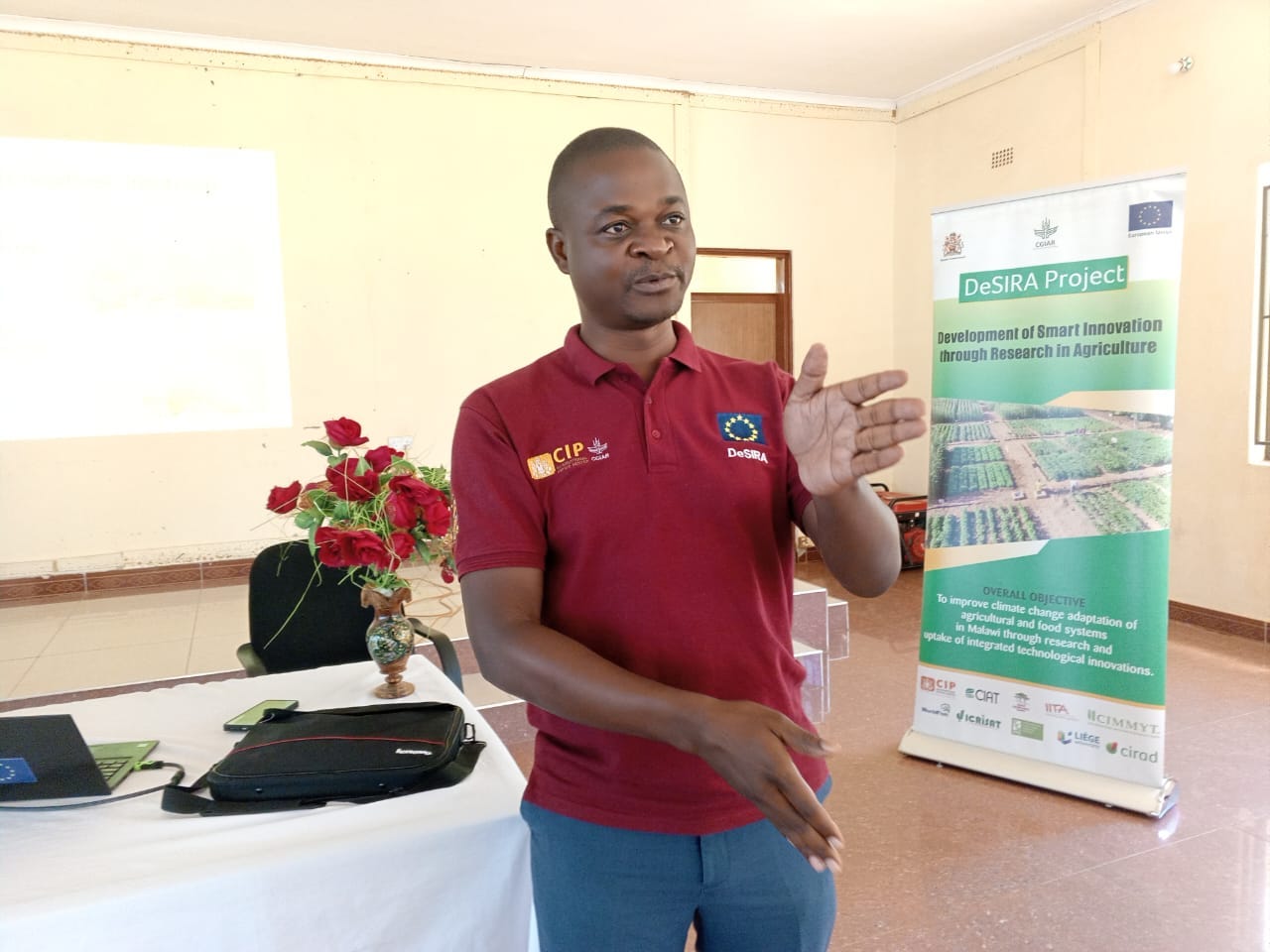International Potato Centre Promotes Intercropping in Malawi
The promotion of intercropping aligns with Malawi's efforts to enhance agricultural productivity and resilience in the face of changing climatic conditions.
MZIMBA, Malawi — The International Potato Centre (CIP) is urging Malawian farmers to adopt intercropping techniques to improve land efficiency and combat climate change effects, writes Victoria Yande.
Harvey Tchale, CIP Research Associate, addressed extension farmers in Mzimba District on Tuesday, sharing findings from the organization's agricultural research.
"Intercropping in potato farming has proven beneficial, with farmers yielding high-quality potatoes and other crops on small pieces of land," Tchale said.
The research, implemented under the DeSIRA Project, has helped farmers withstand climate change shocks. Tchale advised planting drought-resistant varieties in areas with less rainfall and longer-maturing crops in regions with excessive rain.
"Varieties like sweet potato, soybeans, and pigeon peas can be intercropped. This results in increased land productivity, climate resilience, and soil fertility," Tchale explained.
Raphael Muskali, Mzimba South's Acting Chief Agriculture Officer, emphasized the need for farmers to adapt their methods to climate change.
Agnes Lungu, Extension Methodologies Officer for Mzimba, encouraged extension farmers to lead in sharing intercropping skills.
"Mass adoption of this farming practice will lead to improved food security among households," Lungu said.
The promotion of intercropping aligns with Malawi's efforts to enhance agricultural productivity and resilience in the face of changing climatic conditions.



